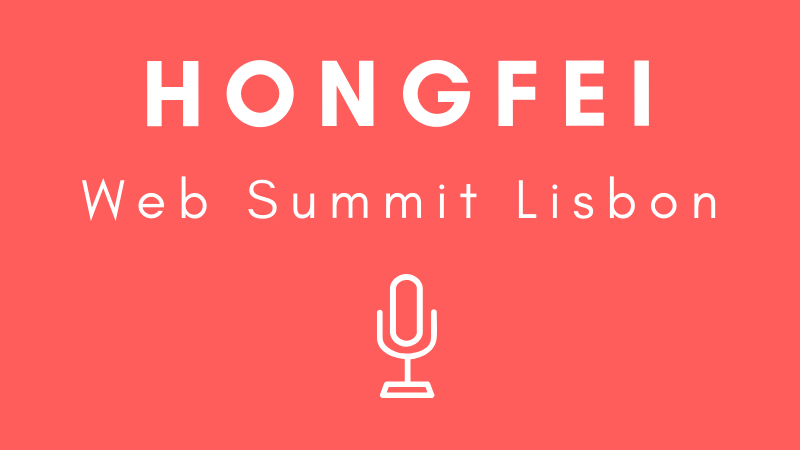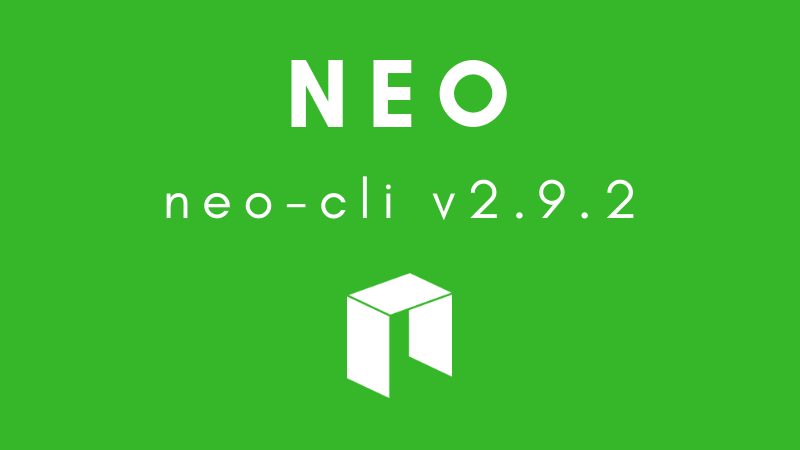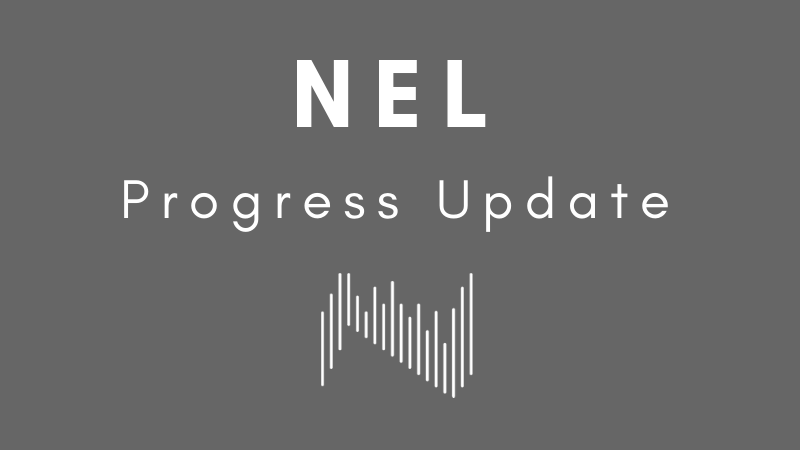
On November 8th, 2018, NEO founder Da Hongfei attended the Web Summit conference in Lisbon, Portugal. While there, he participated in a “fireside chat” with Neanda Salvaterra of the Wall Street Journal.
Over the course of an eighteen-minute conversation, the two covered a variety of topics related to blockchain, banks, government regulation, and the NEO platform.
Blockchain
Salvaterra began the chat by asking Hongfei to introduce blockchain to the audience. Hongfei replied that, “My understanding is that blockchain is at first a software, and then it’s also a platform,” allowing decentralized applications to be built and run on it. He further explained that blockchain is not a centralized platform, but an open platform, “more like a protocol,” as public blockchains are an “open network” that anyone can connect to.
“It’s also called an internet of value,” Hongfei said, because today’s internet excels at transmitting information between computers, while blockchain is designed to transmit value. Finally, Hongfei noted of blockchain, “It’s a new institutional tool,” which will allow for greater amounts of collaboration, in levels not seen today.
Trust
On the topic of trust, Hongfei remarked, “I’m always saying that trust is very expensive, and besides that, it is also very time-consuming.” As an illustration, he remarked that although information travels worldwide in milliseconds, sending $10 across borders requires a trusted third party to facilitate the transaction, with a high cost and low speed.
On the other hand, “With blockchain technology, the trust is built in” to open-source protocols, dramatically lowering the cost of trust.
Games
When asked about possible applications of blockchain technology, Hongfei predicted, “I’m thinking maybe in the next few years we will see very large-scale games,” such as Star Citizen, that will “build a parallel universe…with a built-in monetary system” made possible by using blockchain as an underlying framework.
NEO & Ethereum
When asked about the differences between NEO and the largest smart contract platform Ethereum, Hongfei said, “There are many differences from the technical point of view”. Hongfei pointed out the differing consensus mechanisms [delegated Byzantine Fault Tolerance for NEO, Proof of Work for Ethereum] and again noted NEO’s support for smart contracts written in a variety of mainstream languages such as JavaScript and C#. Hongfei further pointed out the dual-token economic model of NEO and GAS.
However, “the main difference, the most important difference” is in design philosophy, according to Hongfei. “At NEO, we call [ourselves] pragmatic idealists,” he said, calling for the occasional need to “step aside, and walk around the wall” of regulatory pressures.
Regulatory Compliance
Salvaterra brought up NEO’s identity layer [a public key infrastructure used to managed digital certificates] that allows for publicly verifiable identities and transactions.
Hongfei opined that “I think it is inevitable for blockchain to have digital identity” with relationships between real-world entities mapped onto blockchain. “Let’s look back at Internet” in 1997, Hongfei offered, when most interactions were anonymous. “But these days, everybody uses their real name on Facebook or other social media so it’s inevitable that we will have identities on blockchain.”
With regard to friendly jurisdictions for blockchain technology, Hongfei offered Malta and Japan as examples of countries willing to issue licenses for digital currency exchanges, and mentioned that Singapore and Switzerland have become homes for the administrative foundations of public blockchains. Hongfei also said of the United States, “There are 50 states, they all have different laws, so it’s very difficult” to start a business there.
He added, “Chinese government is very welcoming” of blockchain technology and development, but “anything that fuels speculation” is unwelcome. These illegal activities in China involve raising funds from the general public via ICOs, as well as running cryptocurrency exchanges. However, “development of the technology itself” is fine. Hongfei then clarified that possessing Bitcoin and other cryptocurrencies in China is still legal, as well as peer-to-peer (OTC) cryptocurrency trading.
Banks
Salvaterra asked, “Should banks be afraid of you?”, and called blockchain as “a destructive technology that takes out the middleman”. “Will we see banks going out of business?” she asked.
“The physical bank will disappear in maybe five or ten years,” Hongfei replied, explaining “I haven’t visited a bank in China for maybe two years,” as everything in China runs through the mobile apps AliPay and WeChat. “You don’t really need to go to a physical bank, but banking will stay,” he predicted, adding that banking will integrate blockchain and AI technologies.
Data Security and Privacy
When questioned about privacy and the ability to handle people’s personal data securely, Hongfei explained, “Blockchain is a way to maintain a synchronized ledger across different nodes…all the information are transparent to all the participating nodes. That’s a big challenge for privacy.” However, Hongfei maintains that new cryptography schemes such as zero knowledge proof, homomorphic encryption, and secure multi-party computation are a solution. “You can use these to protect people’s privacy, you can do a lot of things with encrypted data” without compromising people’s privacy, he asserted.
Hongfei added that, “From a systematic view, blockchain eliminates a lot of single points of failure,” and with the advent of distributed data, “even if a hacker hacked a place,” only a small portion of the private information would be exposed.
Middlemen
Salvaterra asked Hongfei, “How are we going to keep the blockchain community honest if something goes wrong?” with blockchain’s absence by design of trusted middlemen and third parties,
“I am not an anarchist,” Hongfei explained, while stating that many in the blockchain community have an anarchistic anti-government, anti-regulation approach. “I think we are not ready for zero regulation. So we still need some regulation to protect some people.”
Hongfei told Salvaterra that in China, the CSRC [China’s SEC counterpart] regulates blockchain projects working with securities, while the PBOC [China’s central bank] regulates blockchain projects transacting money.
Emerging Markets
Salvaterra told Hongfei that despite NEO’s current global reach, “you started in an emerging market”, and asked how blockchain can be applied to help other emerging markets in Asia and Africa develop.
Hongfei explained by saying, “An emerging market, it’s like virgin land” where “you can do anything, you can build things from scratch, and you have the opportunities to do it right, with the most advanced technology.”
A full video of the conversation is available at the following link:
https://www.youtube.com/watch?v=li2TUaJvPCY
Da Hongfei is a founder of the NEO blockchain.
Neanda Salvaterra writes about energy for the Wall Street Journal.







About The Author: Colin Closser
Colin Closser, M.D., was a speaker at the first NEO DevCon in San Francisco. A devoted contrarian, he has managed the improbable: a peaceful and healthy life, despite holding a medical degree. He aspires towards the wisdom of Michael Lewis and Nassim Nicholas Taleb.
More posts by Colin Closser